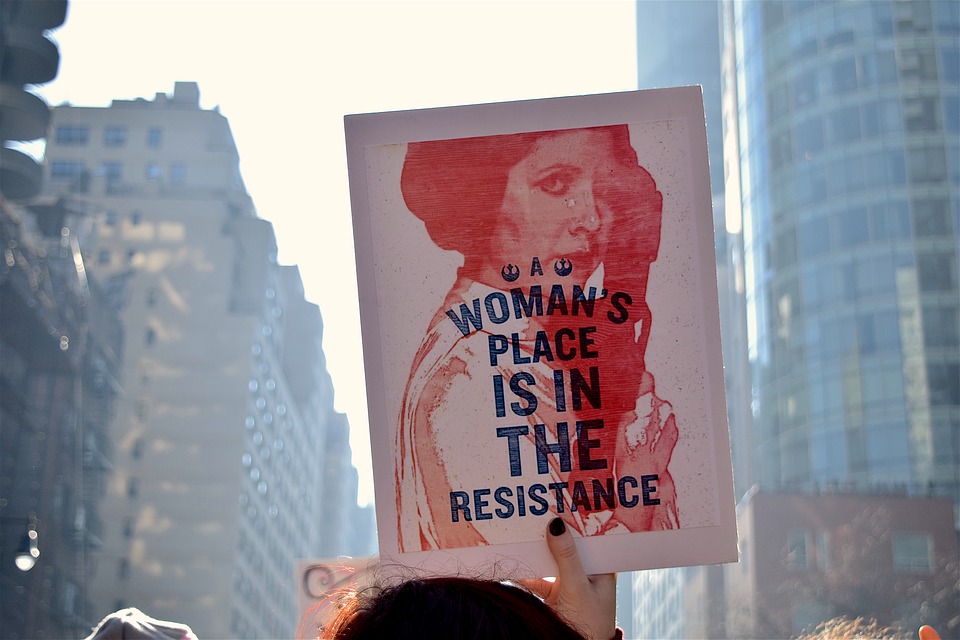For hundreds of years, women have been oppressed and victimised by men and yet, the crimes committed against women have failed to be categorised as hate crimes. A hate crime is defined as a crime where the perpetrator is motivated by hostility or demonstrates hostility to a victim’s race, sexual orientation, religion, disability or transgender identity. The government recently announced that it is going to review whether crimes motivated by misogyny should become a hate crime. This is something that is incredibly overdue. However, the law commission has also announced that it is going to look at whether misandry should become a hate crime. This has, inevitably, sparked controversy.
Misandry, which is the prejudice against or hatred of men, has become a contentious issue recently. Many argue that men should be as equally protected as women. For example, men being raped is an issue that often goes unnoticed. In the eyes of the law, only men can commit rape. Many people see this as an undying, unjust example of misandry in the law. Similarly, the objectification of male celebrities in the media based is an ever-growing issue: photographs or articles objectifying women in the same way are increasingly scrutinised and campaigned against by the feminist community. However, these examples do not equate to the constant misogyny that some women have experienced in their lives and that many women have experienced for centuries.
It is already very difficult for a woman, particularly a woman of high profile, to make a claim of sexual misconduct, against a man. When she does, it is often the case that she faces an onslaught of media attention and questions. It’s probable that she’ll be accused of making a false accusation. Very often, she is accused of misandry.
Should misandry become a hate crime, women would be discouraged from speaking out. Why would a woman make an accusation knowing that it could lead to a criminal investigation? As a result, many acts of sexual assault would go without prosecution, setting women back further. It is not right that men are objectified, but this does not make them feel oppressed in their own community: men aren’t afraid to walk home at night as women feel.
The meaning of feminism has been abused and misinterpreted: this often leads to accusations of misandry. While feminism means the belief for equal rights between all genders, many people, often men, see it as women trying to have more power than men. Men accuse women of misandry very quickly: they see the attempts by feminists for equality as an attack on their gender. This alone demonstrates that women still face misogyny regularly: what some people see as misandry is really just their own ignorance. Misandry is really just a veil that men use to hide their misogyny. In no way is the level of discrimination of men as great as that of women.
Every woman faces misogyny. Walking down the street worrying someone may be following them; the fear of up-skirting or the wave of online abuse that women receive on Twitter show that women feel victimised because of their gender. This is something they have very little control over. What’s worse is they are often made to feel responsible for these misogynistic acts. Most men do not have these same worries as women. Making misandry a hate crime would only set the fight for gender equality back.
Harriet Davidson
Image courtesy of Pixabey.

